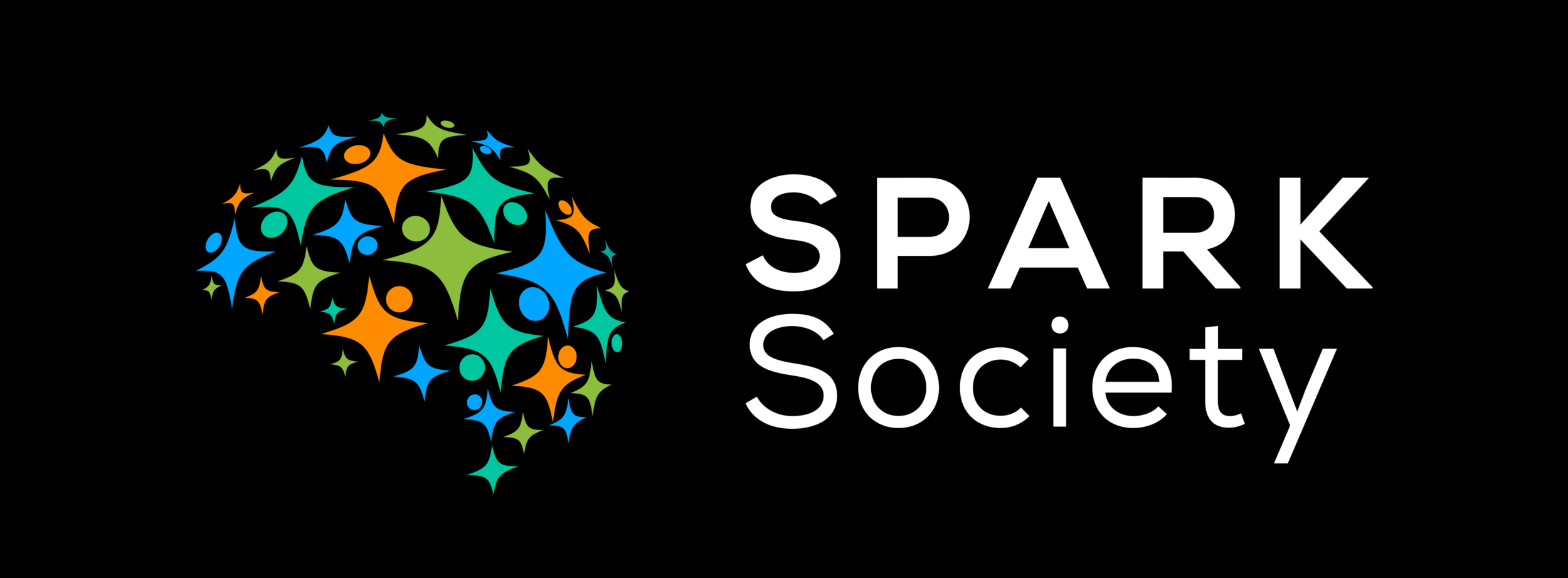Lauren Aulet is a 6th year Graduate Student at Emory University at the time of this interview.
Lauren Aulet is now a postdoctoral research at carnegie mellon university.
1. How did you become interested in cognitive science/psychology?
In 4th grade my math teacher drew the Necker cube on the board and that was my first realization that we aren’t directly perceiving the world. Then in high school I saw an Oliver Sacks documentary and learned that perception is something you can study as a career.
2. What is the focus of your research?
I study how children learn and represent numbers. I look at visual perception of non-symbolic numbers: how do we perceive and represent the number of items in an array and how does that relate to other cognitive processes?
3. What aspects of your work do people get really excited about? Recently
I collaborated with Dr. Greg Burns on a project with fMRI in dogs, using a change detection paradigm. It’s been known that in primates parietal cortex is important for non-symbolic processing and this work shows that most dogs show activation in an analogous region.
4. Where do you see your research going over the next few years?
I am in the process of applying to postdocs. I would like to get more experience in computational models and get experience in research outside of numerical cognition.
5. Do you see yourself in industry or academics moving forward?
I love academia so I hope to stay here. I am open to jobs with both a research or a teaching focus.
6. What's it like being a person of color in cognitive science?
My big caveat on this always is that I am Puerto Rican but I am often white passing so my experience is not generalizable to everyone. I think the thing that has been hardest, though not exclusive to people of color, is the hidden curriculum. No one in my family knew anything about academia or PhD programs so there was a learning curve in figuring out the norms. I loved being an undergraduate at SUNY Geneseo but there was not the ability to interact with graduate students and start to learn some of this.
7. Any advice for other graduate students of color?
When you are in the position of choosing a lab/PI/school, overweight your rapport with the PI and other students. I feel lucky that I came into a lab where I felt like I could ask questions about the unspoken rules in the department such as “Is this a real deadline?” or “How does reimbursement work?” That makes things easier.
8. What changes have you noticed in your field or the field more generally?
I came in at the tail end of it being okay not to know how to program. Now it is expected.
9. Do you see spaces where diversity will change how/what questions cognitive psychology/cog Science is asking?
There are the standard concerns about WEIRD populations and how results will change when we move our participant population. Increasing representation may also decrease the entrenchment of theoretical positioning. I hope there might be less theoretical dogmatism.
10. How do you protect your time?
I may not be the best person to ask this. I don’t keep a strict schedule. But I have learned over graduate school not to feel guilty about taking a break. If I work when I need a break, it won’t be good work anyway. I do a lot of reading for pleasure and when I go away to this and then go back to my work, there’s a synergistic effect. It’s important to learn to cut your losses. You need to learn when you need to go buy your groceries and come back fresh to the work later versus continuing to work on a problem.

